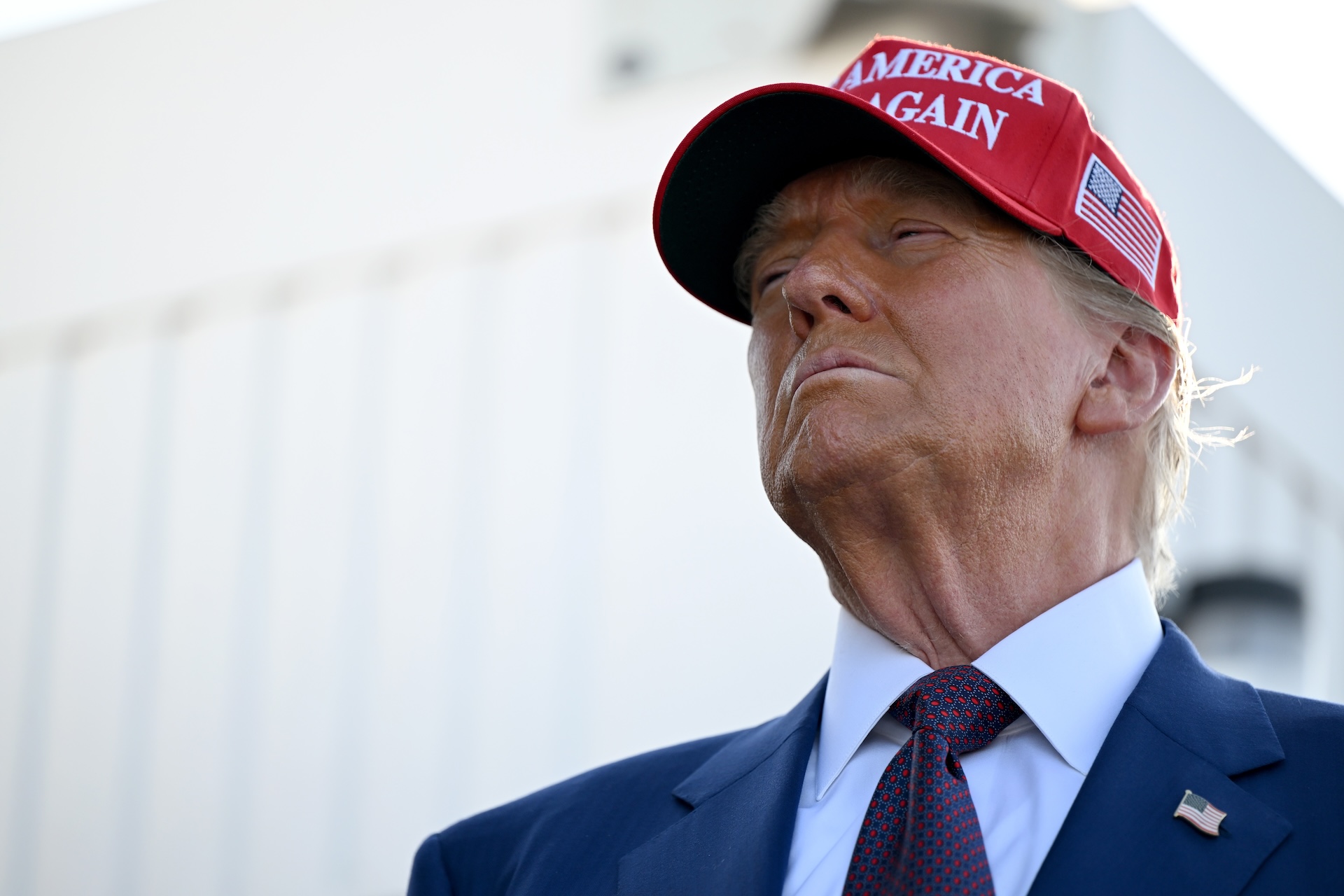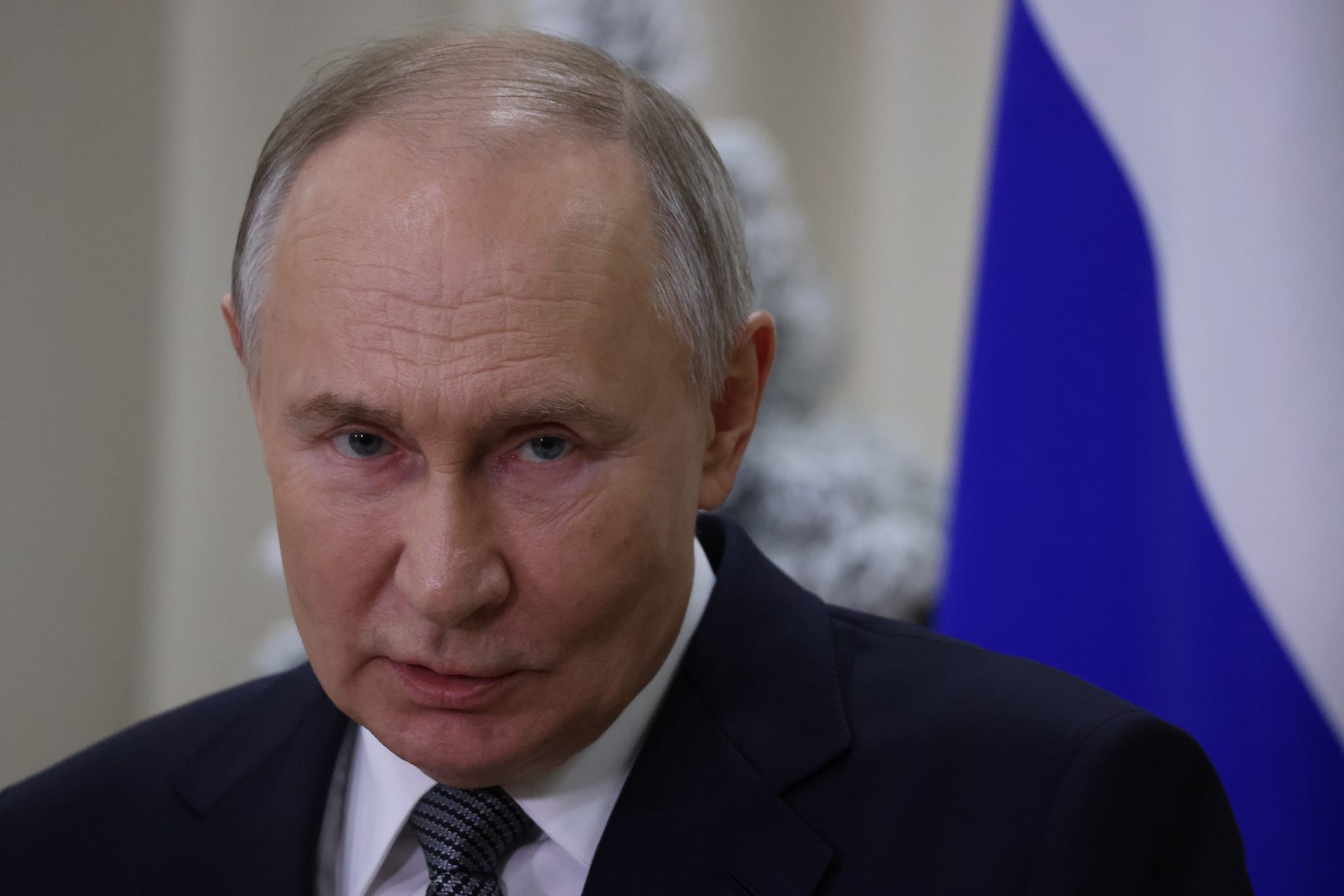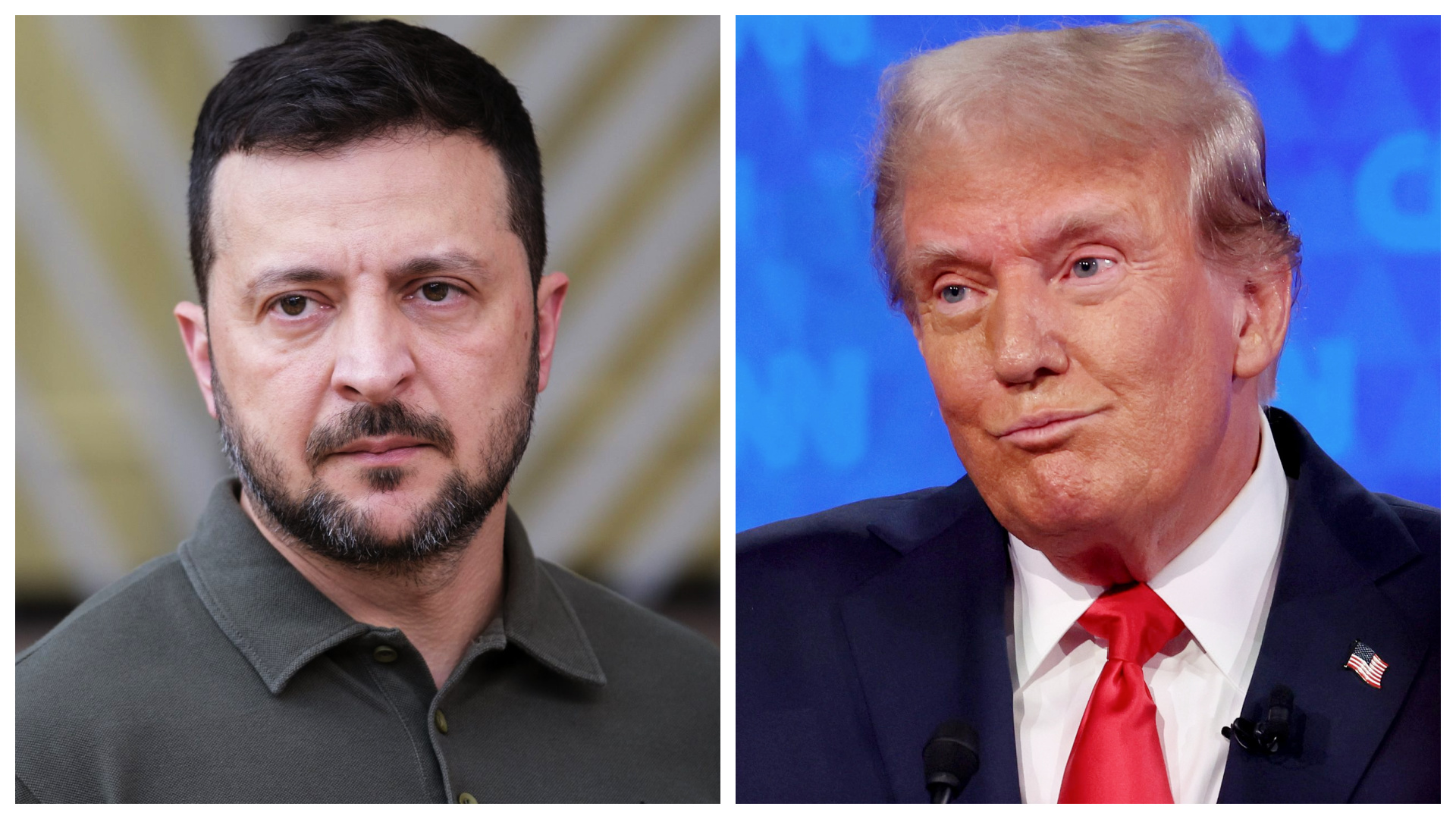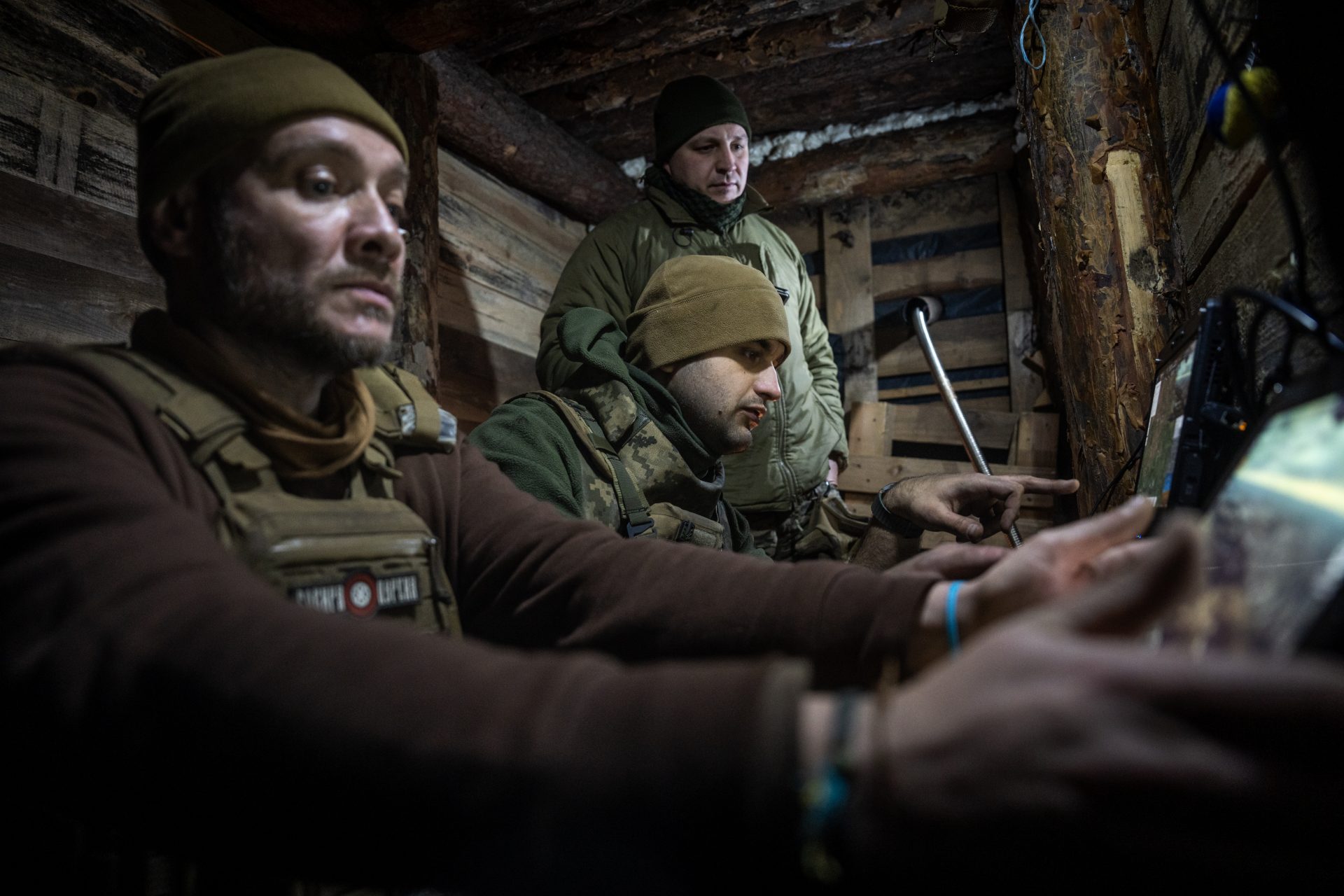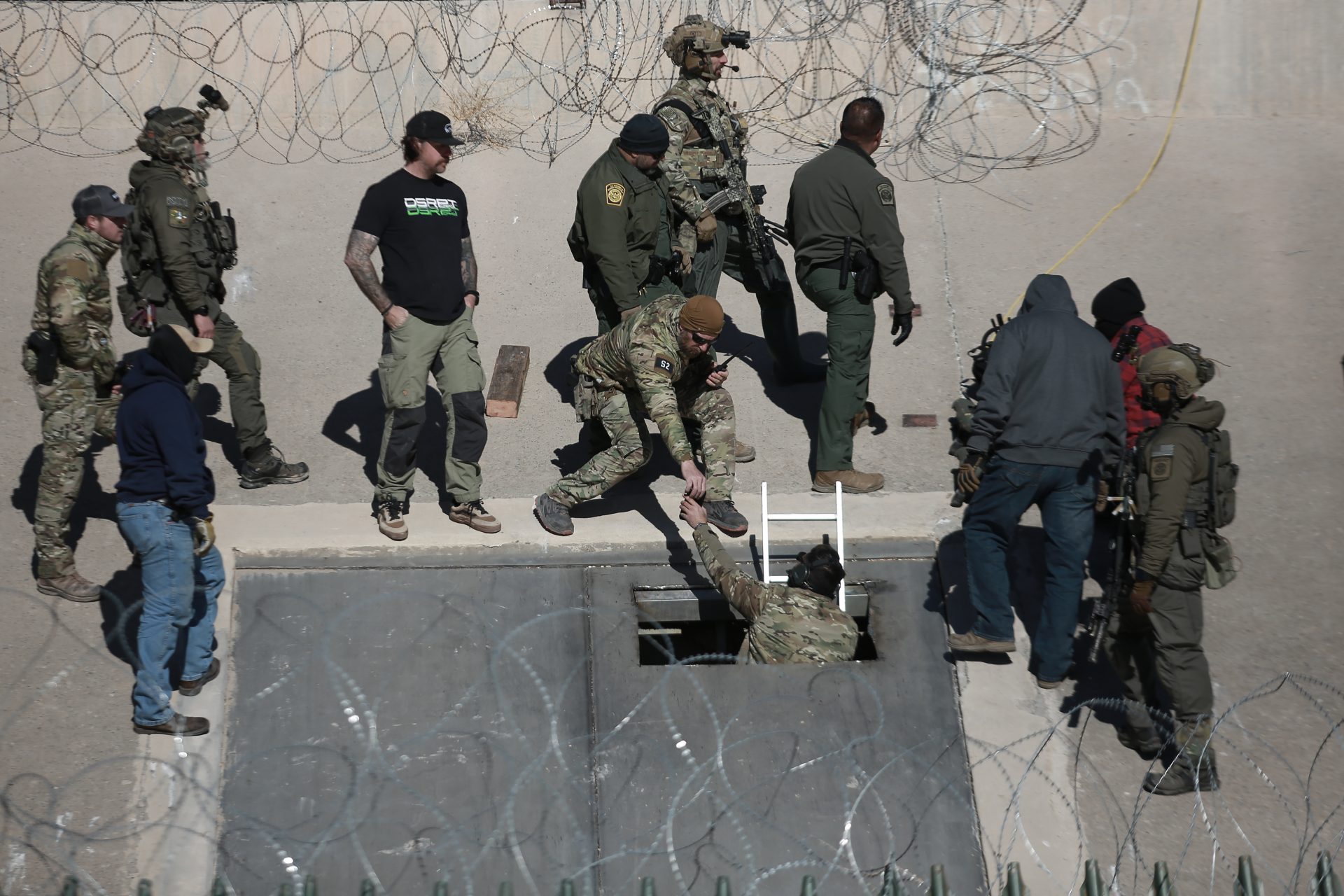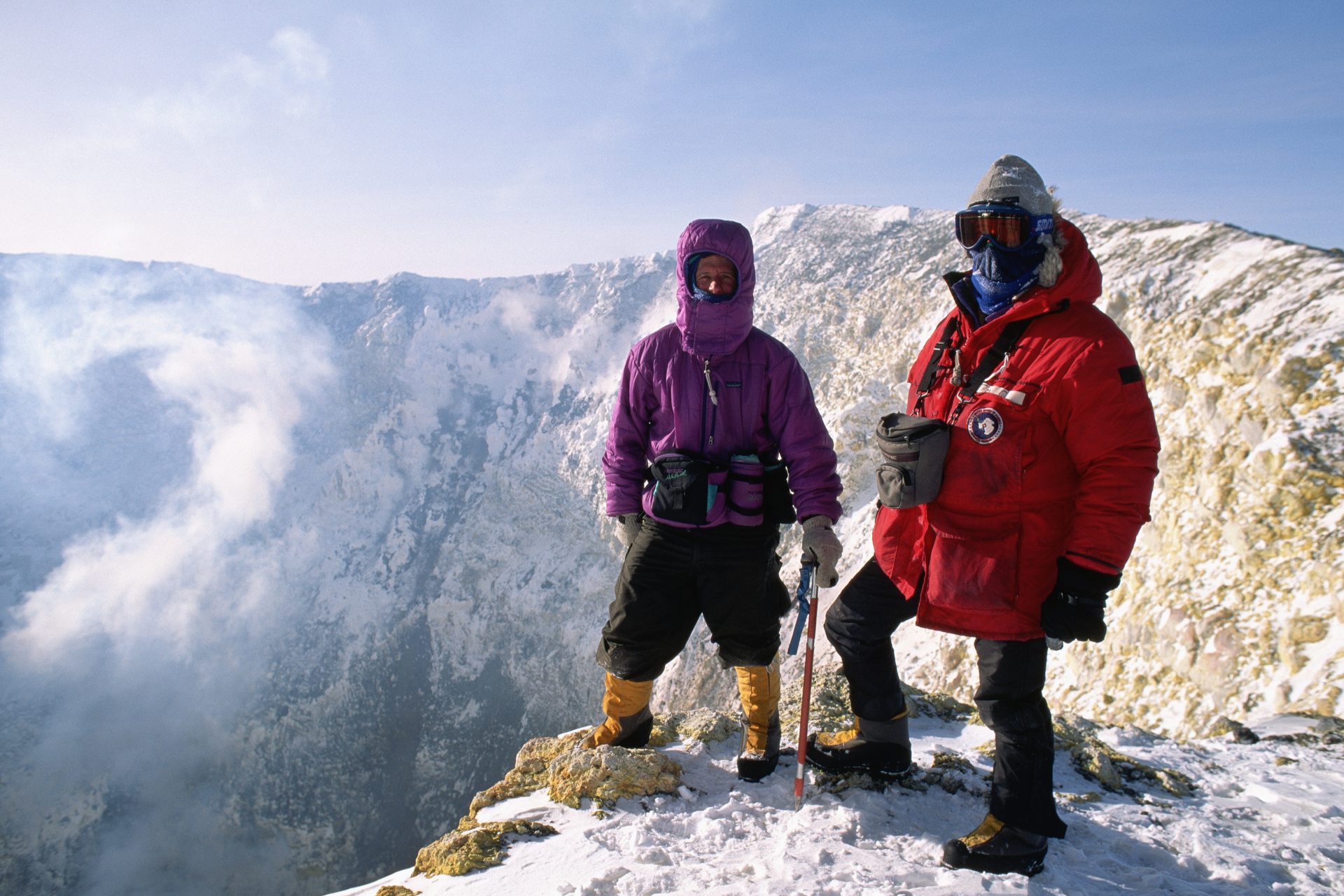Trump’s indictment looks bad and this is what could happen to him
Donald Trump has been indicted on federal charges related to how he handled dozens of boxes of classified documents after he left office. But what charges does Trump face in his indictment and how bad are things for the man formerly called the Teflon Don?
“I never thought it possible that such a thing could happen to a former President of the United States,” Trump wrote in a post on his social media platform Truth Social, adding he was an innocent man. But the evidence against his alleged crimes is pretty damning.
Prosecutors charged the former president with 37 felonies according to Politico’s Kyle Cheney and Josh Gerstein, who pointed out in their reporting that 31 of the charges in Trump’s case fall under the Espionage Act for knowingly keeping classified documents.
Trump allegedly had his aides store classified government documents in boxes that also included some of the former president's personal items and ordered the mixed boxes to be shipped to his residence at Mar-a-Lago when he left the Office of the President.
Cheney and Gerstein also noted the 49-page indictment revealed Trump showed some classified documents to people who didn’t have the proper security clearance to view them on at least two occasions, one of which included a map of military operations.
In one of the incidents, Trump was recorded via audio showing a writer, publisher, and two members of his staff a classified document he described as a “plan of attack” that was prepared for him by a senior military official and the Department of Defense.
The indictment noted that none of the people who were shown the classified document had the security clearance to view it and the former president explained the document as one that was “highly confidential” as well as “secret” according to the legal filing.
“As president I could have declassified it,’ and, ‘Now I can’t, you know, but this is still a secret’,” the filing read. But Trump’s statement could be used as a stunning admission of guilt since it is clear from the recording that Trump knew what he was doing wrong.
CNN noted that Trump was subpoenaed by prosecutors for the document he mentioned in the audio recording from his 2021 meeting. Some documents regarding General Mark Milley and Iran were handed over by Trump’s lawyers, but not the document Trump showed in the recording.
The second incident mentioned in the indictment revolved around the former president allegedly showing a representative from his political action committee a classified map in August or September of 2021 at his New Jersey golf course, The Bedminster Club.
Again, this person did not have the security clearance required to view the classified document they were shown according to the indictment, which noted the document was a “classified map related to a military operation” Trump said he should not be showing.
Amelia Thompson-Deveaux is a senior reporter with FiveThirtyEight and said in a recent chat with senior elections analyst Nathaniel Rakich that Trump’s new indictments looked bad for him because they are bad “The indictment is very detailed—almost like a story.”
“This is common when prosecutors want to paint a vivid picture of the evidence they’ve gathered as a preview of the case they’re bringing,” Thompson-Deveaux added, and the story prosecutors are trying to paint of Trump is that he knowingly broke American law.
Special counsel Jack Smith was the man who put the case against Trump together and stated: “we have one set of laws in this country, and they apply to everyone," asking the country to read the indictment to see “the scope and the gravity of the crimes charged."
The 31 indictments for that violate the Espionage Act carry with them a maximum term of 10 years imprisonment for the former president if they’re proven according to analysis from BBC News, which pulled its number from Trump’s indictment.
BBC News also reported that there are also four other counts that carry the possibility of a maximum sentence of 20 years and two counts that carry five years each. But again, these charges would have to be proven in order for Trump to see real prison time.
"These charges are extremely serious," Carl Tobias, a law professor at the University of Richmond in Virginia, said according to BBC News. "There's an unbelievable amount of detail there, and much of it is very damning.” But we will have to wait and see for now.
More for you
Top Stories

























